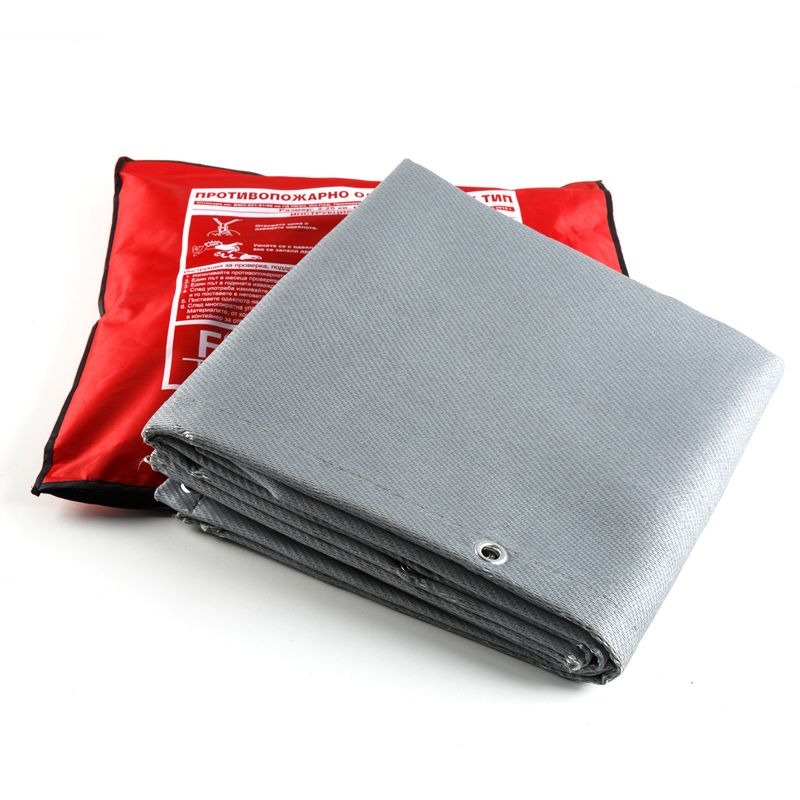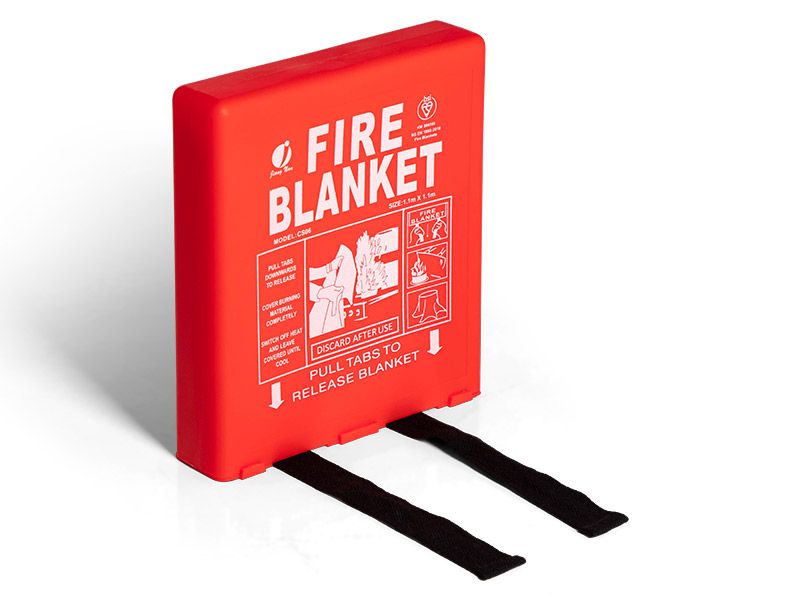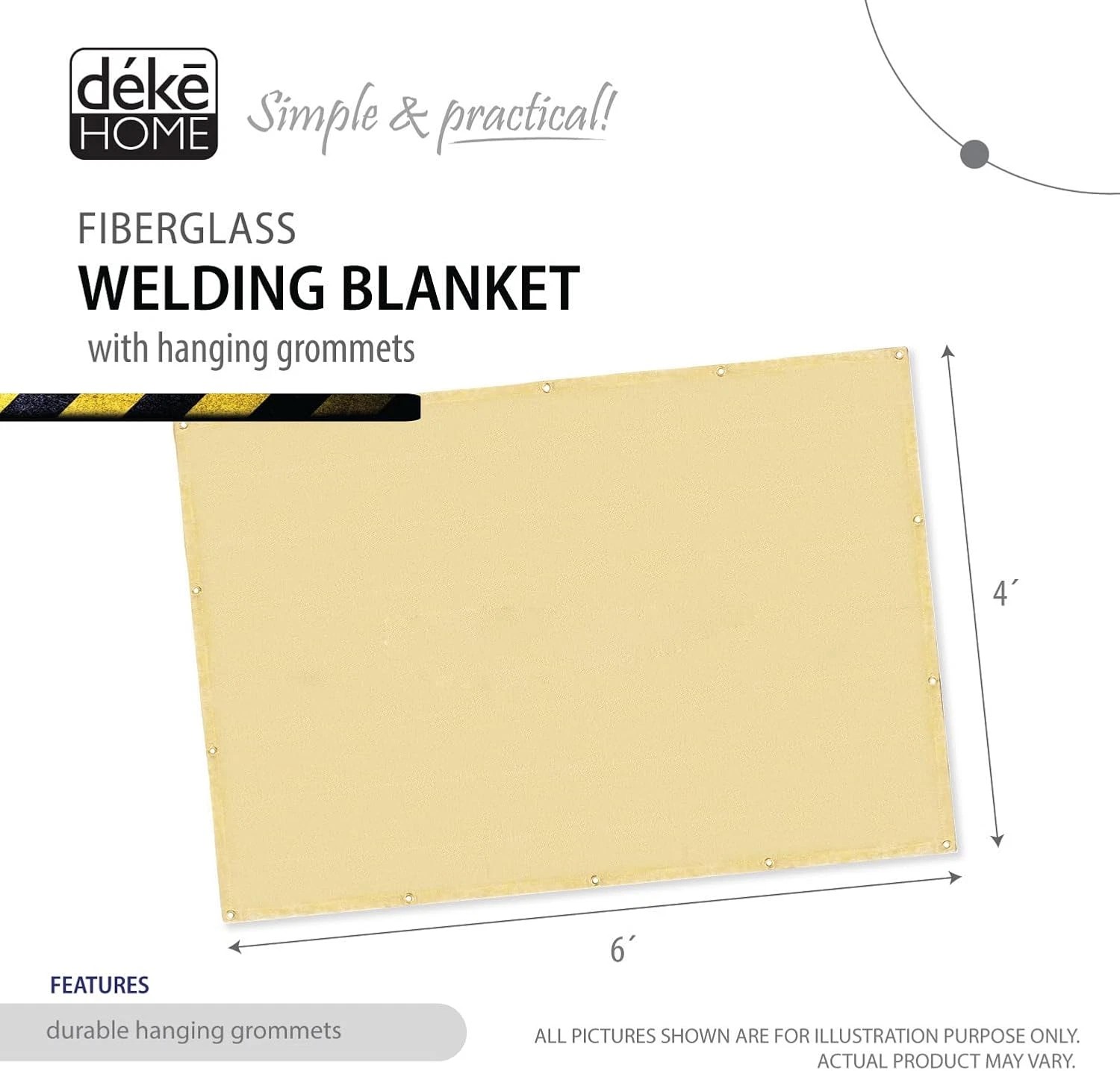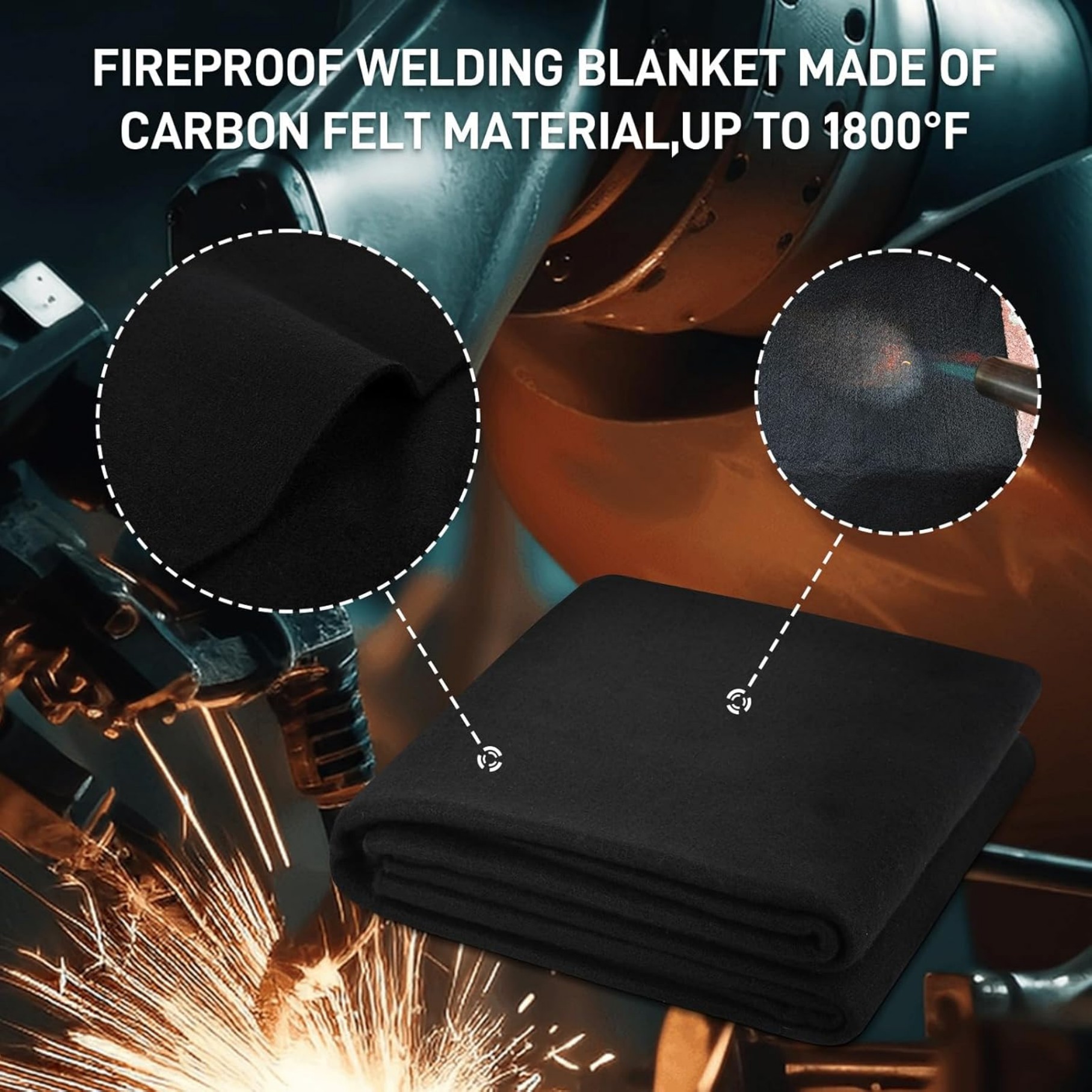Fire Retardant Blanket Guide: Uses, Benefits and Safety Tips
Summary:Fire retardant blankets are essential safety tools that smother small fires by cutting off oxygen. This guide explains how they work, proper usage, key features to look for, and maintenance tips for optimal protection.
What Is a Fire Retardant Blanket?
A fire retardant blanket is a safety device made from specially treated materials that resist burning. When placed over flames, it starves the fire of oxygen, extinguishing small fires quickly. These blankets are commonly used in kitchens, workshops, and laboratories.
How Does a Fire Retardant Blanket Work?
The blanket works through three key mechanisms:
- Oxygen deprivation:Smothers flames by blocking air flow
- Heat insulation:Withstands high temperatures (typically up to 900°F/480°C)
- Flame resistance:Special fibers won't catch fire easily
When to Use a Fire Retardant Blanket
These blankets are ideal for:
- Grease fires in kitchens (never use water on these)
- Small electrical fires (when power is turned off)
- Clothing fires (wrap the blanket around a person)
- Workshop fires involving flammable liquids
Note: Never use on large fires or gas fires - evacuate immediately in these cases.
Key Features of Quality Fire Retardant Blankets
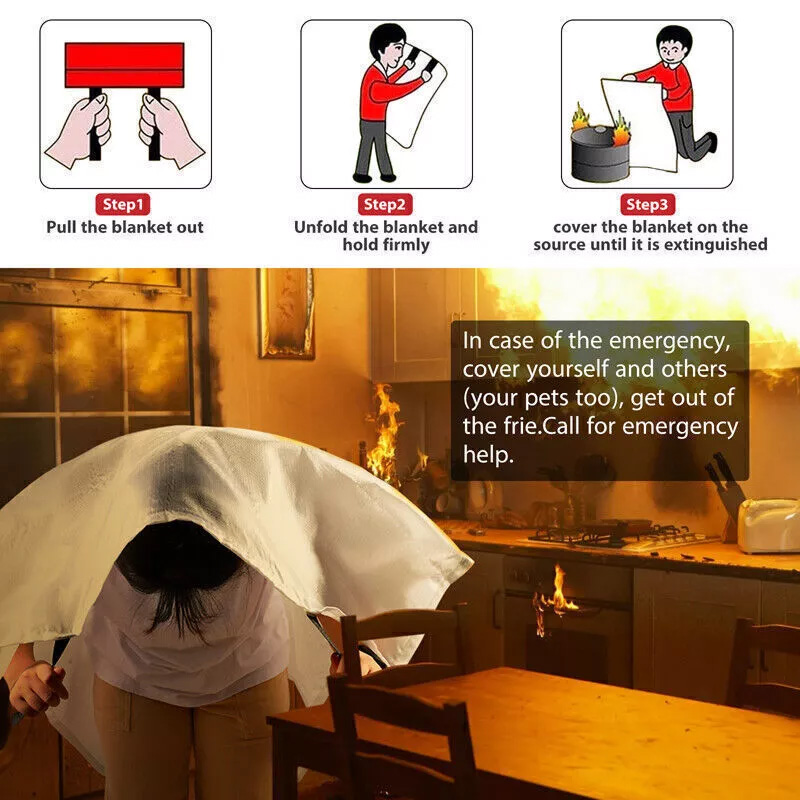
When choosing a blanket, look for:
- Material:Fiberglass or wool treated with fire-resistant chemicals
- Size:At least 39" x 39" for home use, larger for industrial settings
- Certification:Meets EN 1869 or ASTM F1989 standards
- Storage:Comes in quick-release container for fast access
- Durability:Should last 5-7 years with proper care
How to Use a Fire Retardant Blanket Properly
- Pull the tabs to quickly release the blanket from its container
- Hold the blanket by the corners with your hands protected behind it
- Approach the fire from upwind if possible
- Place the blanket gently over the flames - don't throw it
- Leave the blanket in place for at least 15 minutes
- Call emergency services if the fire was significant
Maintenance and Care Tips
To keep your fire retardant blanket effective:
- Store in an easily accessible location away from heat sources
- Inspect monthly for tears or damage
- Replace if the material becomes stiff or brittle
- Clean only according to manufacturer instructions (typically wiping with damp cloth)
- Never wash in a washing machine
Fire Retardant Blanket vs. Fire Extinguisher
Both have important roles in fire safety:
| Feature | Fire Retardant Blanket | Fire Extinguisher |
|---|---|---|
| Best for | Small contained fires, grease fires | Larger fires, various fire types |
| Maintenance | Visual inspection | Annual professional inspection |
| Training needed | Minimal | Recommended |
| Cleanup | Minimal | Can be messy |
Common Questions About Fire Retardant Blankets
Q: Can I reuse a fire retardant blanket?A: Yes, if it's undamaged. Inspect carefully after each use.
Q: Where should I place blankets in my home?A: Kitchen (near stove), workshop, garage, and near potential fire hazards.
Q: Are they safe for pets?A: Yes, the materials are non-toxic, though fibers may irritate if ingested.
Q: How do I dispose of an old blanket?A: Check local regulations - some areas have special disposal for fire-resistant materials.
Final Safety Reminders
While fire retardant blankets are valuable tools, remember:
- Your safety comes first - evacuate if a fire grows quickly
- Have working smoke detectors in your home
- Practice using your blanket before an emergency occurs
- Consider taking a basic fire safety course


